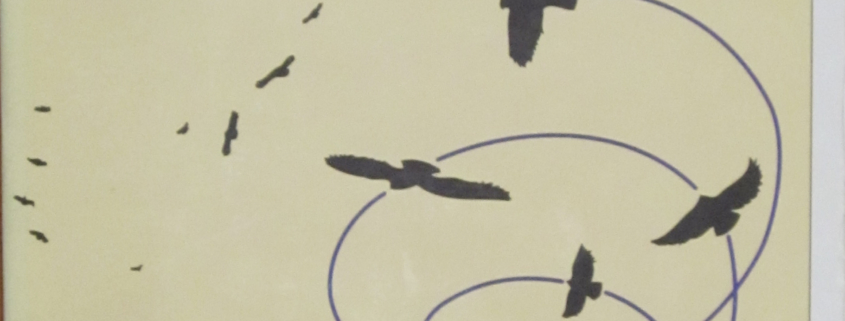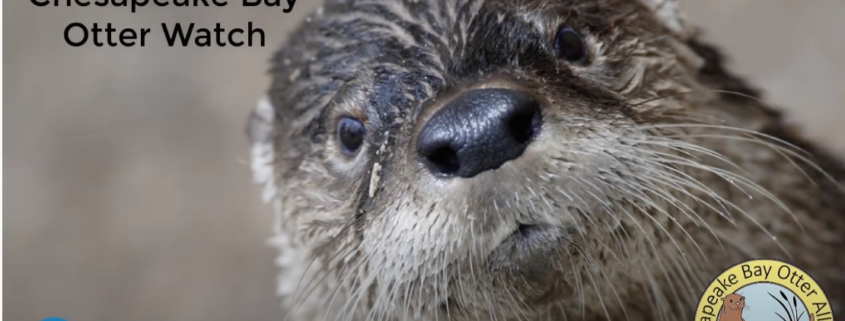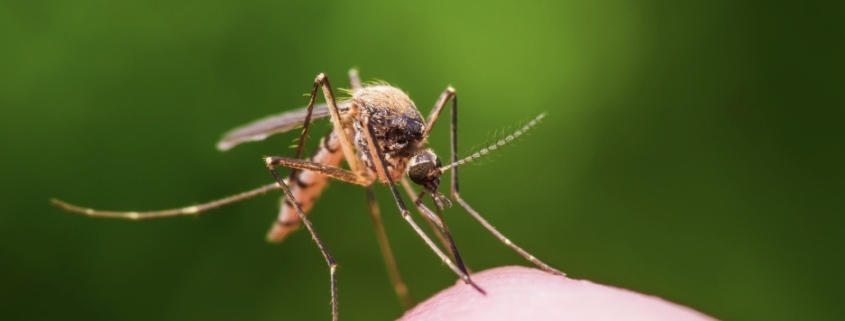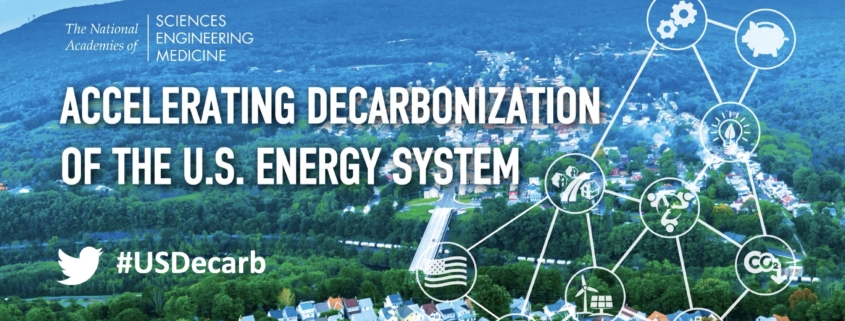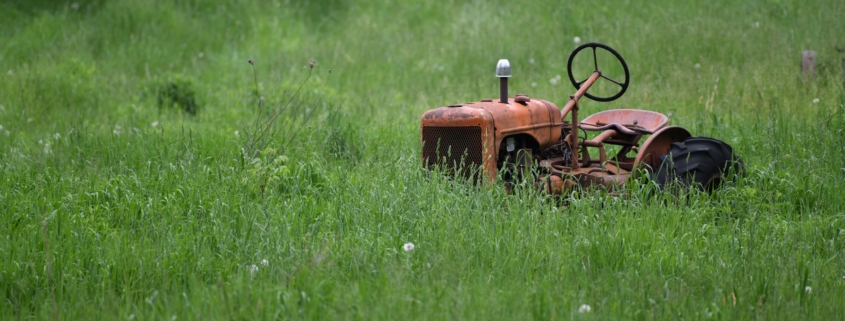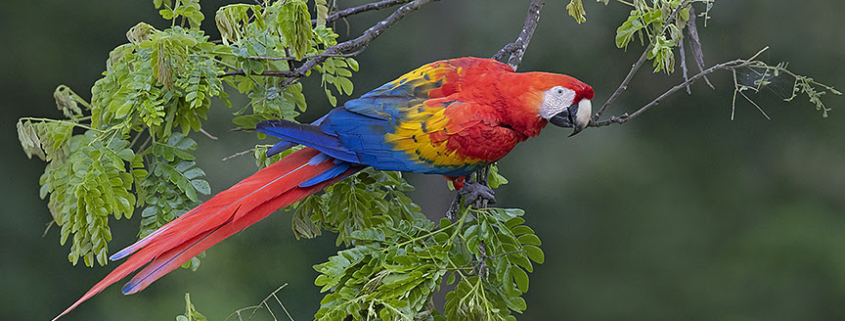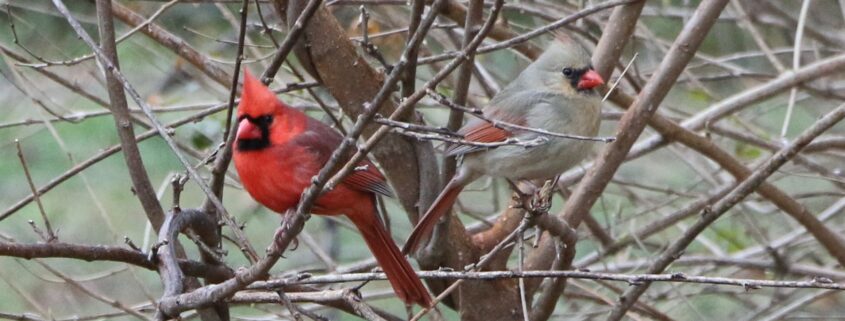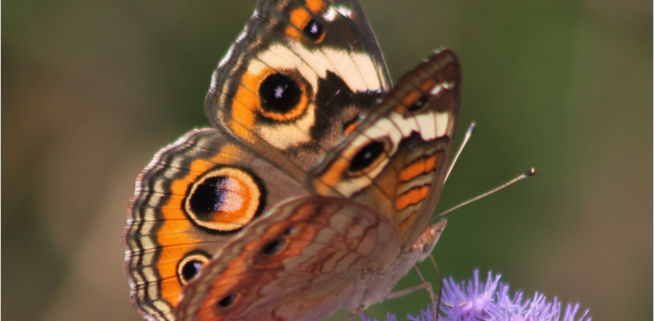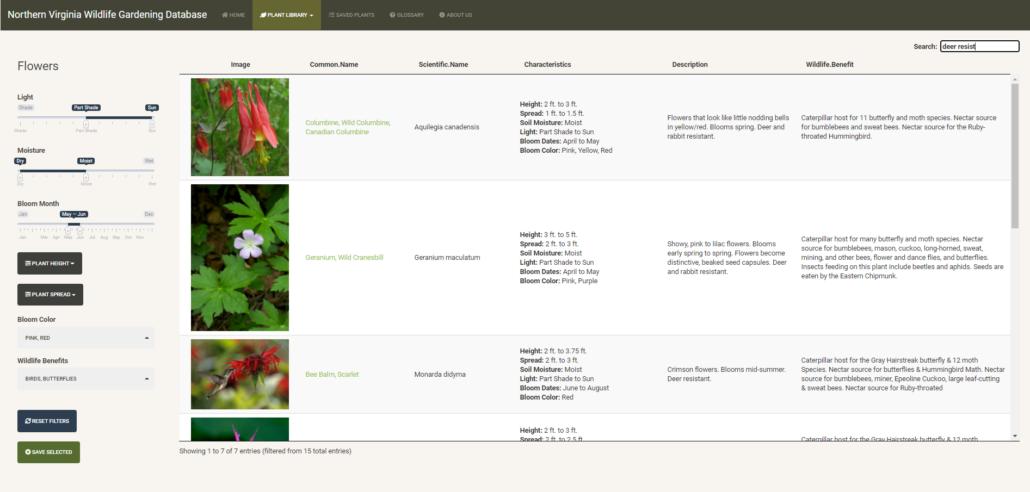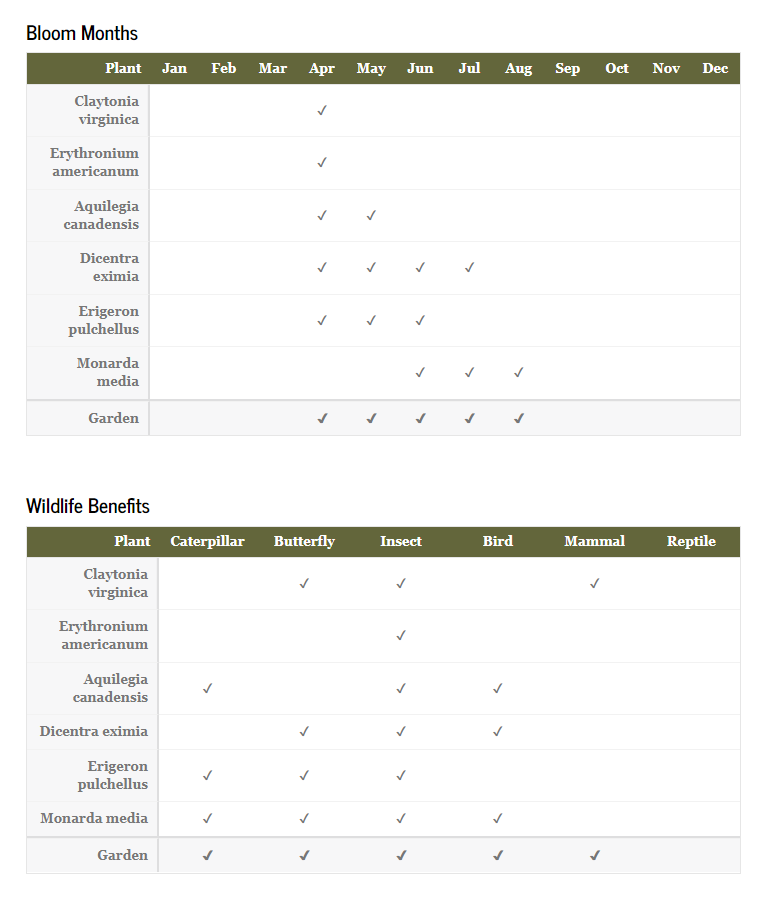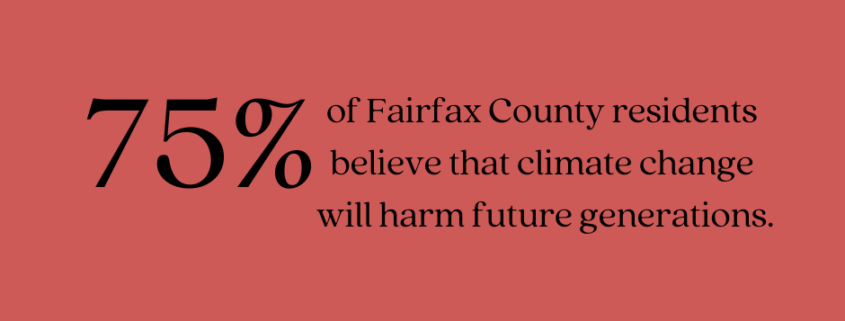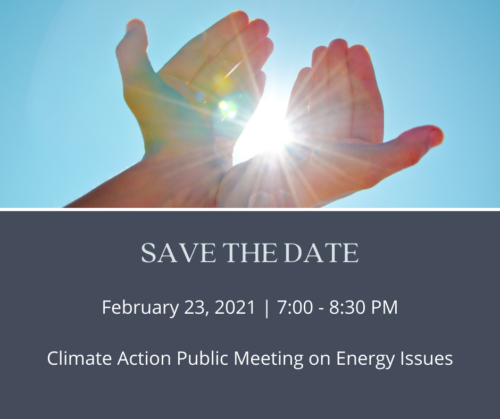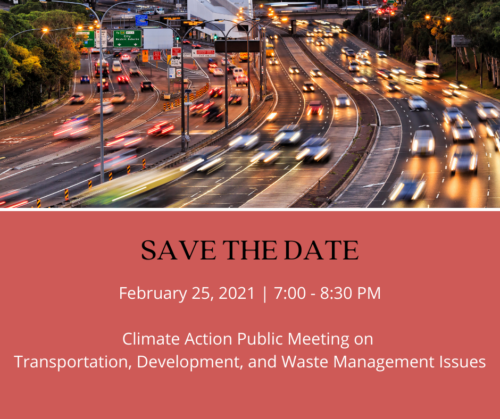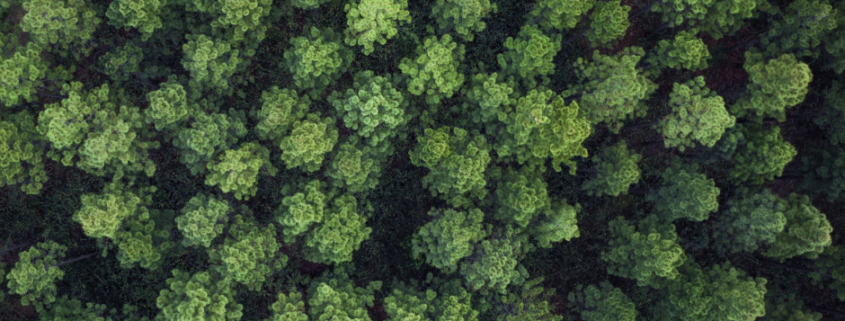Review of How Birds Migrate, by Paul Kerlinger
Reviewed by FMN Kristine Lansing
In just a few weeks, nothing short of a miracle will be well underway.
Birds of all sizes and shapes — from the tiniest of hummingbirds to the largest of hawks — will embark upon an incredible geographic relocation, traveling thousands and, in some cases, tens of thousands of miles to reach their summer breeding grounds . . . where they will stay for only a few months to raise their young.
How do such fragile creatures survive a journey that would do most of us in — despite all of our modern conveniences — on the very first day? It’s not too late to learn more about the odyssey that is spring migration before it gets into full swing.
In this succinct book (only 216 pages) from 2008, ornithologist Paul Kerlinger demystifies migration by discussing: why birds migrate; factors that trigger migration; how birds prepare for the journey; their navigation across water and vast terrain; why some birds fly at night while others fly during the day; migratory rest stops; and in-flight communications. Dr. Kerlinger’s explanations, accompanied by short case studies and artist Pat Archer’s illustrations, make this book exceedingly accessible to non-birders and birders alike.
So if you’re new to birding (or simply curious), and if you read this book right now, you will never see spring and fall through the same eyes again. If you’re an experienced birder, though, don’t pass the book by; you’ll find yourself referring to it time after time.
Dr. Kerlinger is a former director of the New Jersey Audubon Society’s Cape May Bird Observatory.


